2020 was eventful, to say the least. It was a year where many had to shift and pivot from their everyday normal. Appointments were cancelled, surgeries were delayed and rescheduled, and patients found themselves having to access their doctors and healthcare team through a screen. Breast cancer patients had to not only worry about their risk of contracting the COVID-19 virus, but they also had to maintain their cancer care as best they could, something that was a challenge both mentally and physically.
This balance of cancer care and COVID-19 risk for cancer patients was vastly reflected in the types of blogs that CBCN published in 2020. Today, we take a look back to what blogs resonated most with our readers. Here’s the top 10 list of 2020’s most read blogs on CBCN’s Our Voices.
10. The True “Does Sugar Fuel Breast Cancer?” Story
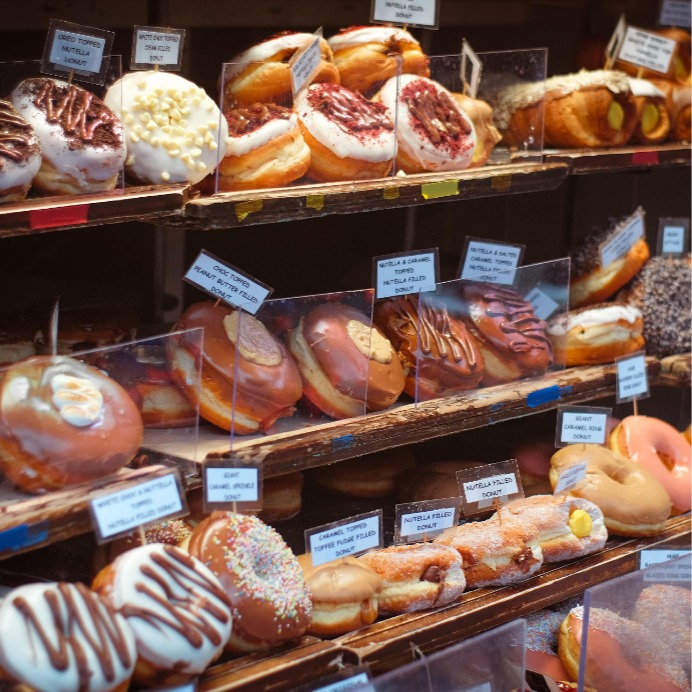 Sugar, in all its stark white, sparkling glory is an enormously popular, widely misunderstood, and a hotly debated topic in the breast cancer world. Rarely a week passes when I don’t hear or read “Sugar feeds breast cancer”, proclaimed with absolute certainty. People accept this declaration as truth, yet I ask; does it really?
Sugar, in all its stark white, sparkling glory is an enormously popular, widely misunderstood, and a hotly debated topic in the breast cancer world. Rarely a week passes when I don’t hear or read “Sugar feeds breast cancer”, proclaimed with absolute certainty. People accept this declaration as truth, yet I ask; does it really?
9. My Temporary Tamoxifen Breakup is Making Me Feel All the Feels
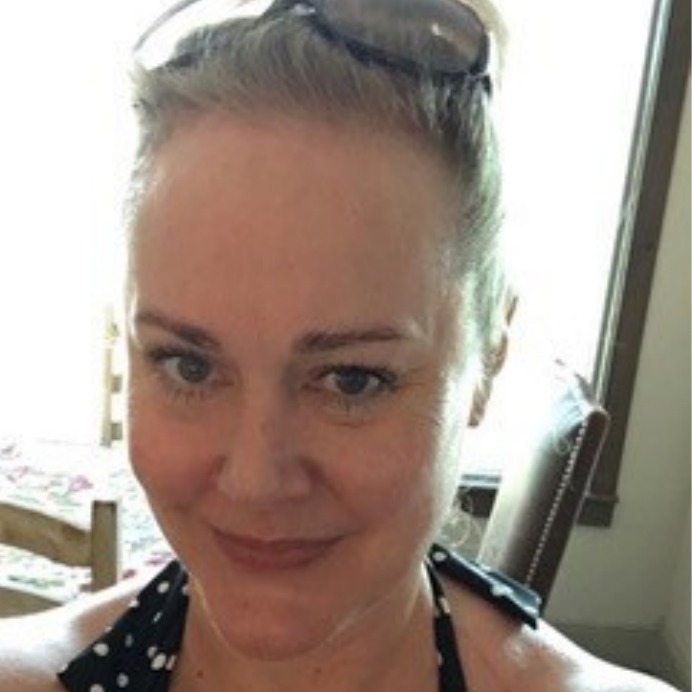 I hope I can write this column without crying. Or at least if I do get emotional, that I won’t need to stop a million times while I wait for the sobbing to ease up so that I can see clearly enough to continue typing. And no, I’m not being dramatic.
I hope I can write this column without crying. Or at least if I do get emotional, that I won’t need to stop a million times while I wait for the sobbing to ease up so that I can see clearly enough to continue typing. And no, I’m not being dramatic.
8. The Myth That Cancer Does Not Discriminate
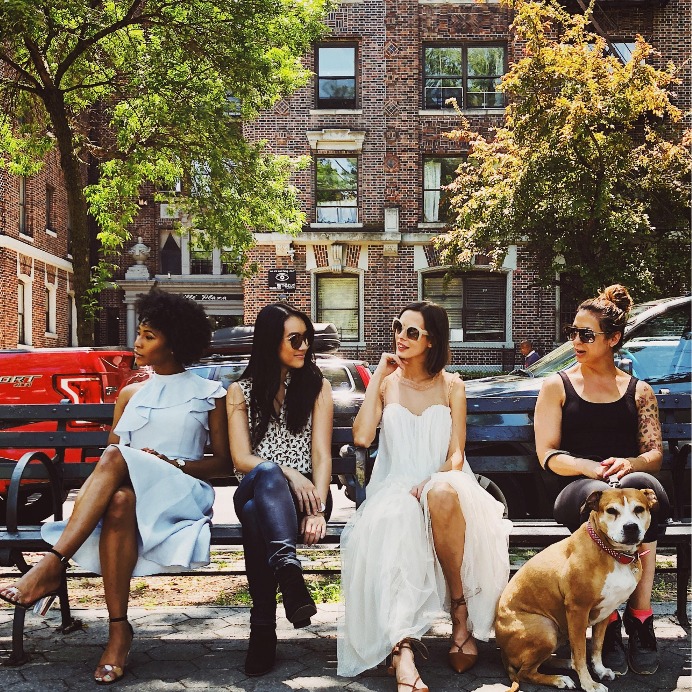 Cancer does not discriminate. It's an often-repeated phrase, used to highlight the prevalence of cancer. The idea behind it is that whether you are young, old, poor, rich, Black, White, we all face an equal risk of being diagnosed with cancer. Unfortunately, like many other aspects of our society, cancer does in fact discriminate.
Cancer does not discriminate. It's an often-repeated phrase, used to highlight the prevalence of cancer. The idea behind it is that whether you are young, old, poor, rich, Black, White, we all face an equal risk of being diagnosed with cancer. Unfortunately, like many other aspects of our society, cancer does in fact discriminate.
7. How Breast Cancer Prepared Me For COVID-19
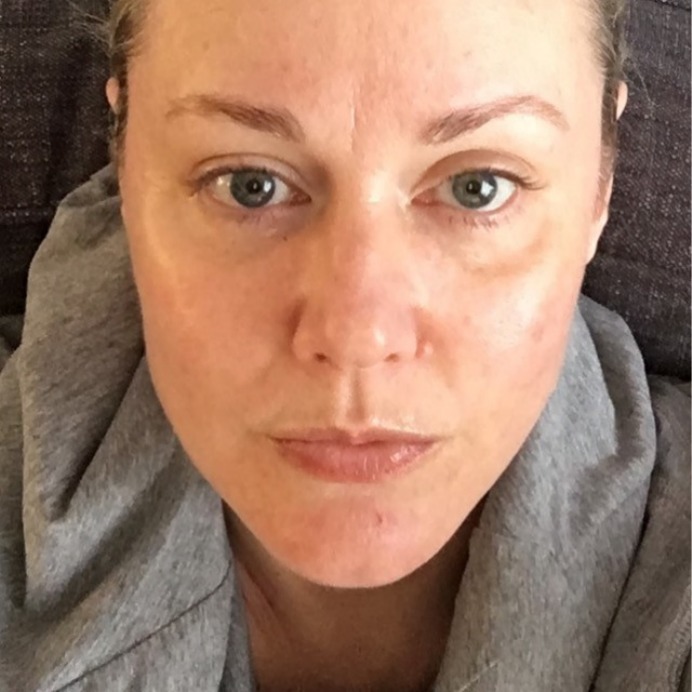 Breast cancer prepared me for COVID. Actually, if I want to be really accurate, radiation prepared me for it and almost everything else that has come courtesy of the global pandemic. After I was diagnosed with breast cancer, had a lumpectomy complete with the removal of multiple axillary lymph nodes, I opted for a course of treatment that included daily radiation. Looking back now, ironically, this was probably the best prep class a girl could ask for to train for the all-indoors-no-outdoors practice of napping, lounging and engaging in endless, often bleary-eyed, hours of Netflix programming.
Breast cancer prepared me for COVID. Actually, if I want to be really accurate, radiation prepared me for it and almost everything else that has come courtesy of the global pandemic. After I was diagnosed with breast cancer, had a lumpectomy complete with the removal of multiple axillary lymph nodes, I opted for a course of treatment that included daily radiation. Looking back now, ironically, this was probably the best prep class a girl could ask for to train for the all-indoors-no-outdoors practice of napping, lounging and engaging in endless, often bleary-eyed, hours of Netflix programming.
6. Reducing the risk of hereditary breast and ovarian cancer: one woman’s story
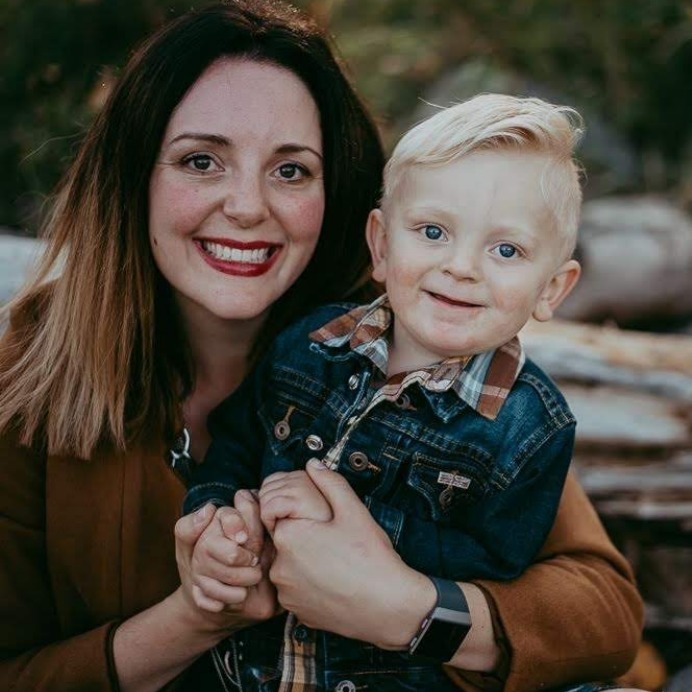 In October 2013, Allegra Kawa of Edmonton had surgery to remove both her breasts. She’s also considering surgery to remove her ovaries and uterus. She didn’t have cancer and she is perfectly healthy. However, a strong family history of breast and ovarian cancer had led her to get genetic testing, which revealed she had a BRCA1 gene mutation, putting her at high risk for these cancers.
In October 2013, Allegra Kawa of Edmonton had surgery to remove both her breasts. She’s also considering surgery to remove her ovaries and uterus. She didn’t have cancer and she is perfectly healthy. However, a strong family history of breast and ovarian cancer had led her to get genetic testing, which revealed she had a BRCA1 gene mutation, putting her at high risk for these cancers.
5. My Eczema Turned Out to be Paget’s Disease – A Rare Breast Cancer
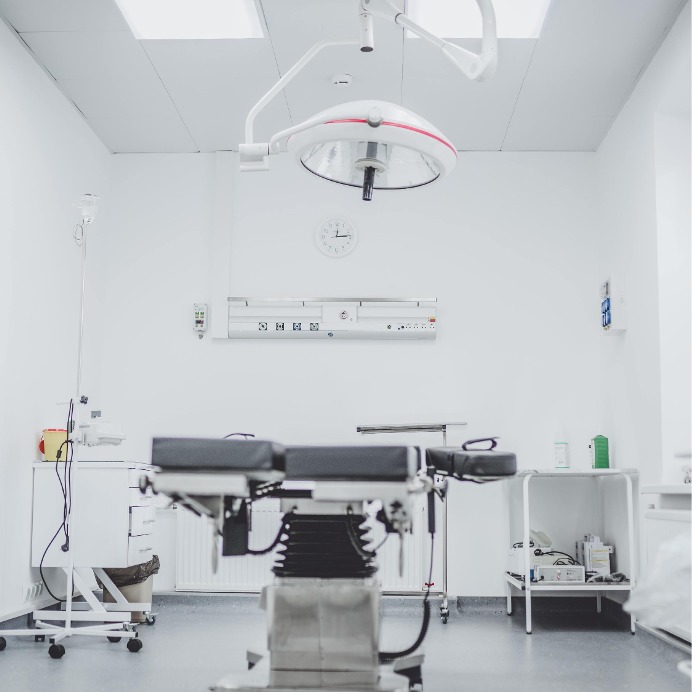 I’m writing this as a PSA for all women. We’re always told to check for lumps and to get mammograms. However, Paget’s disease of the breast is a breast cancer that until October, I had never heard about. In October, after visiting the breast assessment centre at my local hospital, I was told that I had eczema. While I was thrilled that was all that was wrong, I was a bit skeptical.
I’m writing this as a PSA for all women. We’re always told to check for lumps and to get mammograms. However, Paget’s disease of the breast is a breast cancer that until October, I had never heard about. In October, after visiting the breast assessment centre at my local hospital, I was told that I had eczema. While I was thrilled that was all that was wrong, I was a bit skeptical.
4. What Your Oncologist Wants You To Know During The COVID-19 Crisis
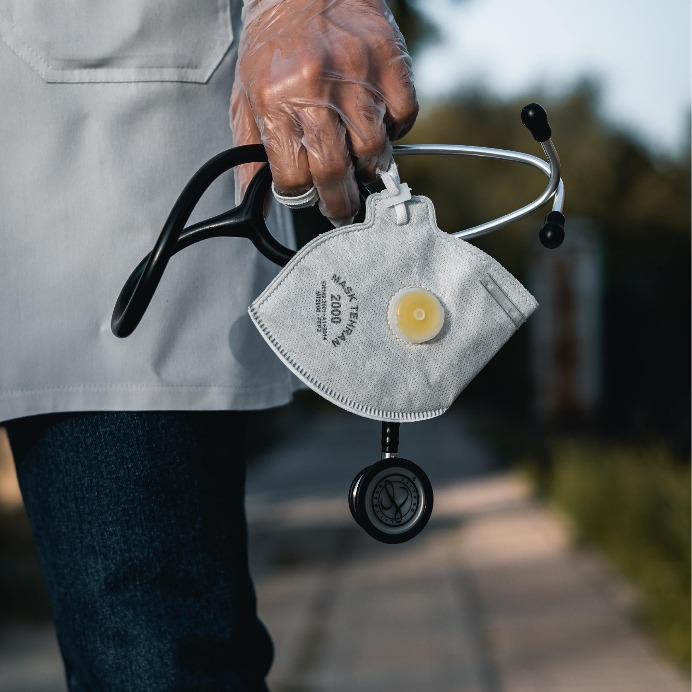 Dealing with breast cancer is challenging at the best of times, but in this time of uncertainty and when our health care system is having to quickly adapt to the impact of COVID-19, cancer patients are facing increased challenges and changes to treatment schedules and doctors’ appointments. This can bring additional anxiety and questions around how these changes will impact the success of treatments.
Dealing with breast cancer is challenging at the best of times, but in this time of uncertainty and when our health care system is having to quickly adapt to the impact of COVID-19, cancer patients are facing increased challenges and changes to treatment schedules and doctors’ appointments. This can bring additional anxiety and questions around how these changes will impact the success of treatments.
3. Life’s Journey
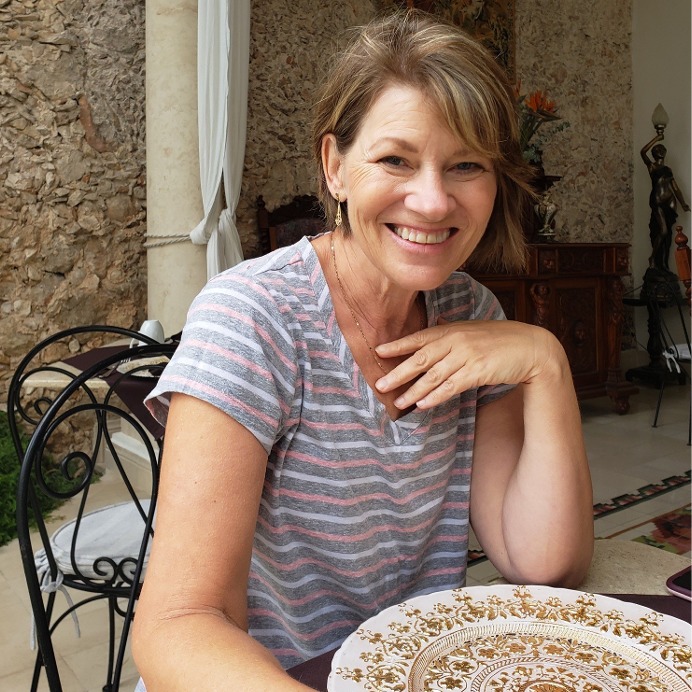 I would have never thought that I would be telling my story to a large group of people but today I consider it an honour. For the past 26 months I have appreciated everyday of being alive, of growing older, of celebrating birthdays and of seeing the wonderment of my grandchildren experiencing new things.
I would have never thought that I would be telling my story to a large group of people but today I consider it an honour. For the past 26 months I have appreciated everyday of being alive, of growing older, of celebrating birthdays and of seeing the wonderment of my grandchildren experiencing new things.
2. Indigenous Traditional Healing
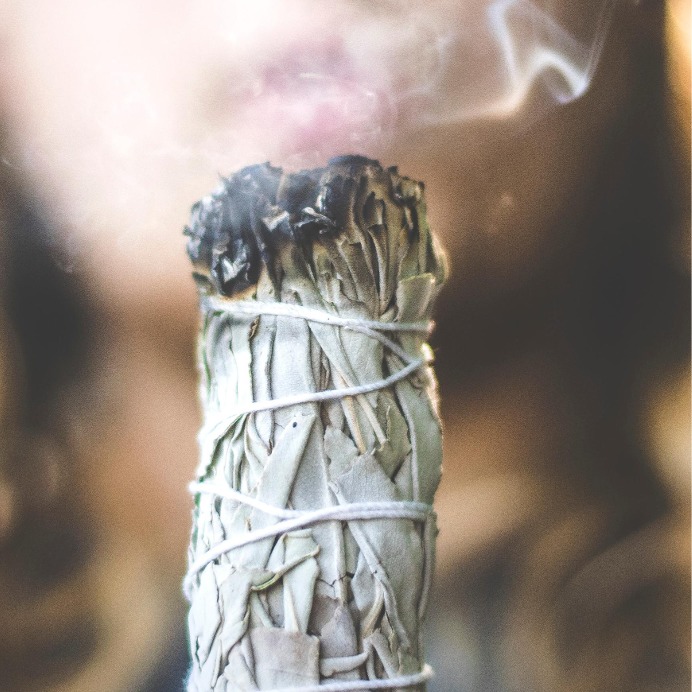 Indigenous Traditional Healing is a holistic practice that aims to treat imbalances in a person’s body, mind, emotions, and spirit together. These imbalances are thought to be the cause of illness and to result from ignoring sacred, natural laws. Tradition healing practices are distinct and culturally specific to the people who are practicing them. In Canada, First Nations, Inuit, and Métis view health as a balance of physical, emotional, mental and spiritual elements.
Indigenous Traditional Healing is a holistic practice that aims to treat imbalances in a person’s body, mind, emotions, and spirit together. These imbalances are thought to be the cause of illness and to result from ignoring sacred, natural laws. Tradition healing practices are distinct and culturally specific to the people who are practicing them. In Canada, First Nations, Inuit, and Métis view health as a balance of physical, emotional, mental and spiritual elements.
1. Tamoxifen. It’s Saving My Life, But it’s Killing My Self-esteem
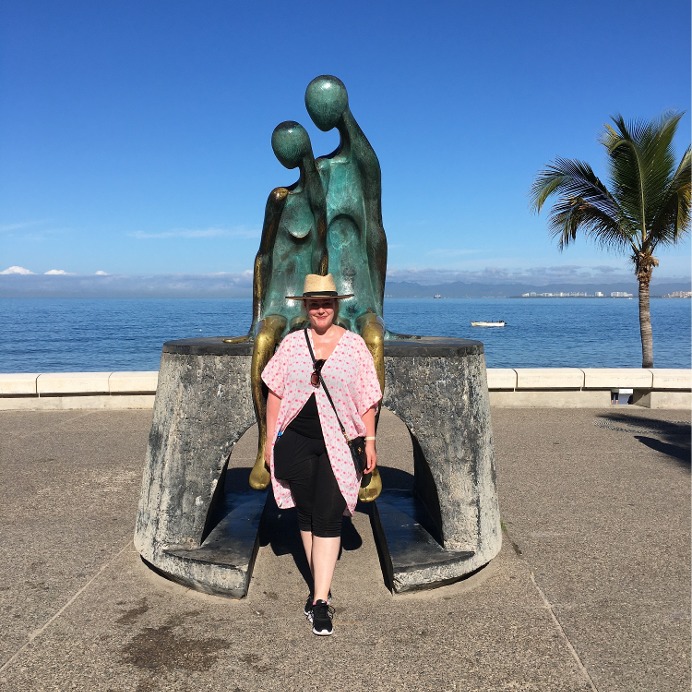 I could cry writing this. Or maybe screaming for five minutes into a pillow so my neighbours don’t hear me would feel better. The walls in my condo aren’t that thick. Either way, my reality’s not changing any time soon. And by reality, I mean my body and the extra weight it has been lugging around since I started taking Tamoxifen a year ago.
I could cry writing this. Or maybe screaming for five minutes into a pillow so my neighbours don’t hear me would feel better. The walls in my condo aren’t that thick. Either way, my reality’s not changing any time soon. And by reality, I mean my body and the extra weight it has been lugging around since I started taking Tamoxifen a year ago.
We look forward to what 2021 has in store for us as we remain committed in our efforts to provide knowledge, resources and give voice to Canadians breast cancer patients and their families. If you would like to share your story, email us at cbcn@cbcn.ca.
Photo par Lauren Mancke sur Unsplash







